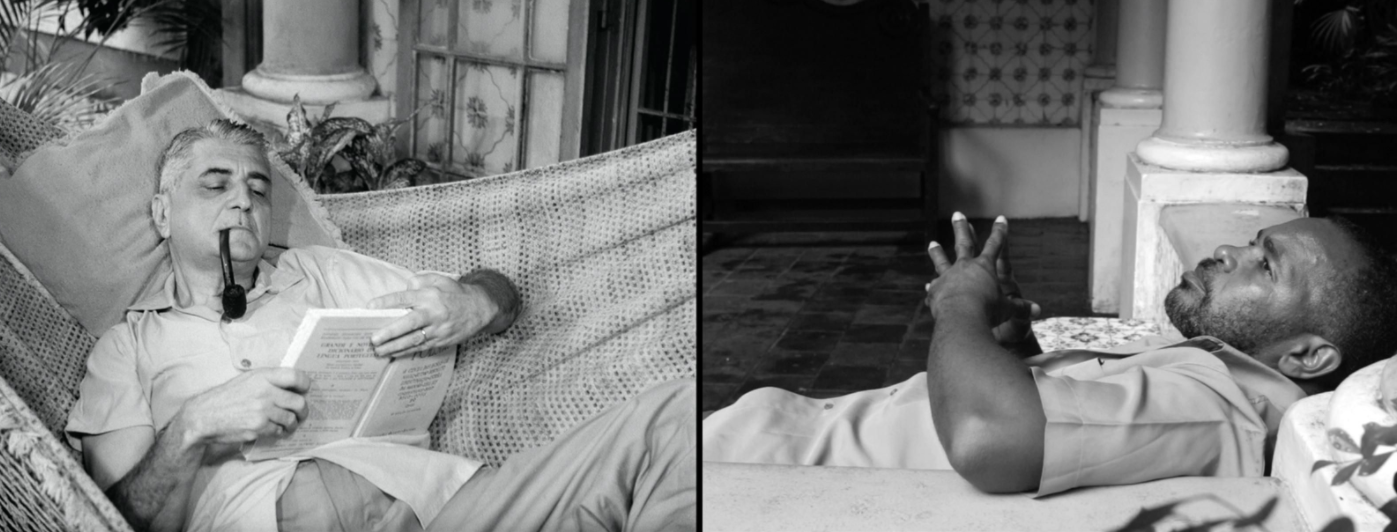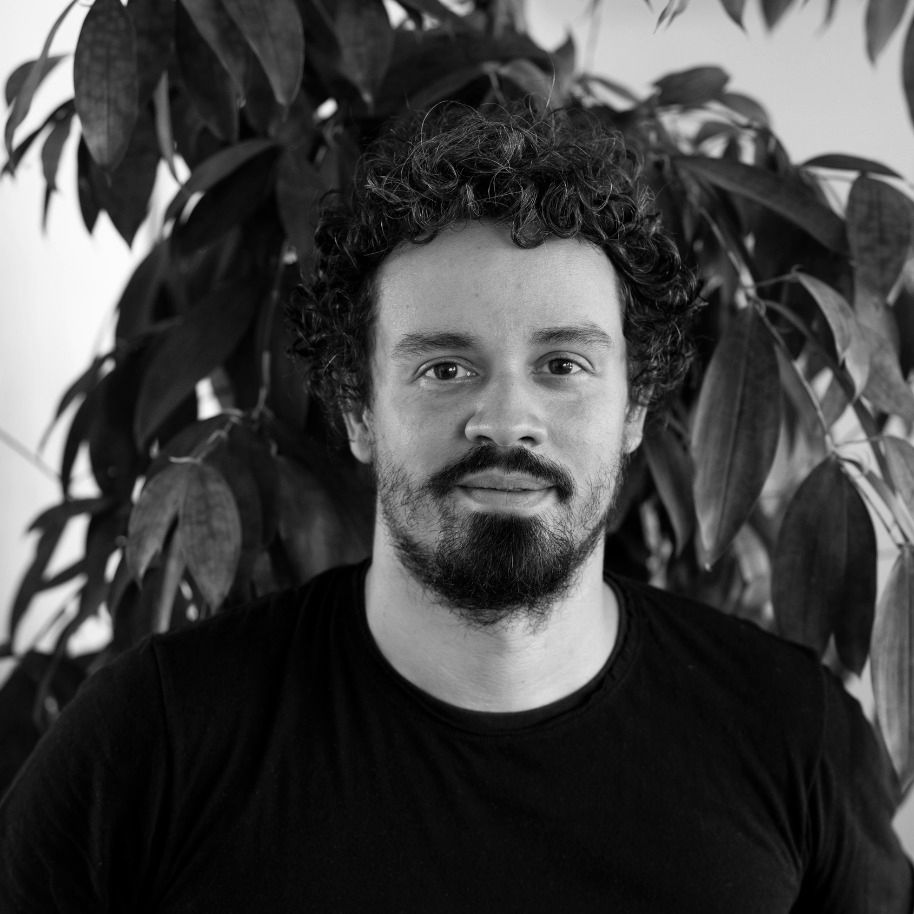O Caseiro (The Housekeeper, 2016)
8 min.
O Caseiro features a quiet dialogue of scenes between two different moments within a singular home. On the left screen, in 1959, we follow a day in the life of the elderly writer Gilberto Freyre as he goes about his business in his aristocratic residence. On the right screen, in 2016, the housekeeper is the current protagonist who lives and works in that space. The two films show synchronized cuts that portray parallels between the characters within their respective time period, underscored with tensions of class and race, and the revealing patina of time on architecture. The film also takes in consideration the figure of Freyre as a historicist, and his seminal book Casa Grande e Senzala (The Masters and the Slaves) published in 1933, which similarly assesses the racial and class hierarchy of Brazilian society.
O Levante (The Uprising, 2012-2013)
8 min. 40 sec.
O Levante captures a frenetic horse-drawn cart race in the city center of Recife, which Jonathas de Andrade himself organized in response to a proposed city ordinance that would prohibit animals hauling carts from the city streets. The horse owners were invited to participate in a real horse race, giving each participant a different understanding of the work’s context. The video features an aboiador, a traditional regional singer, who narrates the difficulties of country living, and responds to the horse race as if it was the beginning of a rural revolt. Through his perspective, he turns the events into a meta folk fiction, in which the only realm where the event itself becomes feasible and fit to obtain the necessary authorization.
O Peixe (The Fish, 2016)
37 min. 6 sec.
O Peixe opens to a scenic waterborne journey in the coastal village of Piaçabuçu and Coruripe, by the river São Francisco and the sea, Northeast of Brazil. We witness the trips of individual fishermen from the village as they catch and hold the fish against their chests until it stops breathing. The firm embrace is both intimate and ritualistic—expressing pathos, violence, and domination—and a gesture that atones for the death of the fish.
O Peixe was shot on 16mm film as a series of vignettes, borrowing the filmic style of ethnographic documentation on cultures and traditions. In the absence of language and text, the film invites a range of interpretations on the power dynamics of humans towards other life forms.



